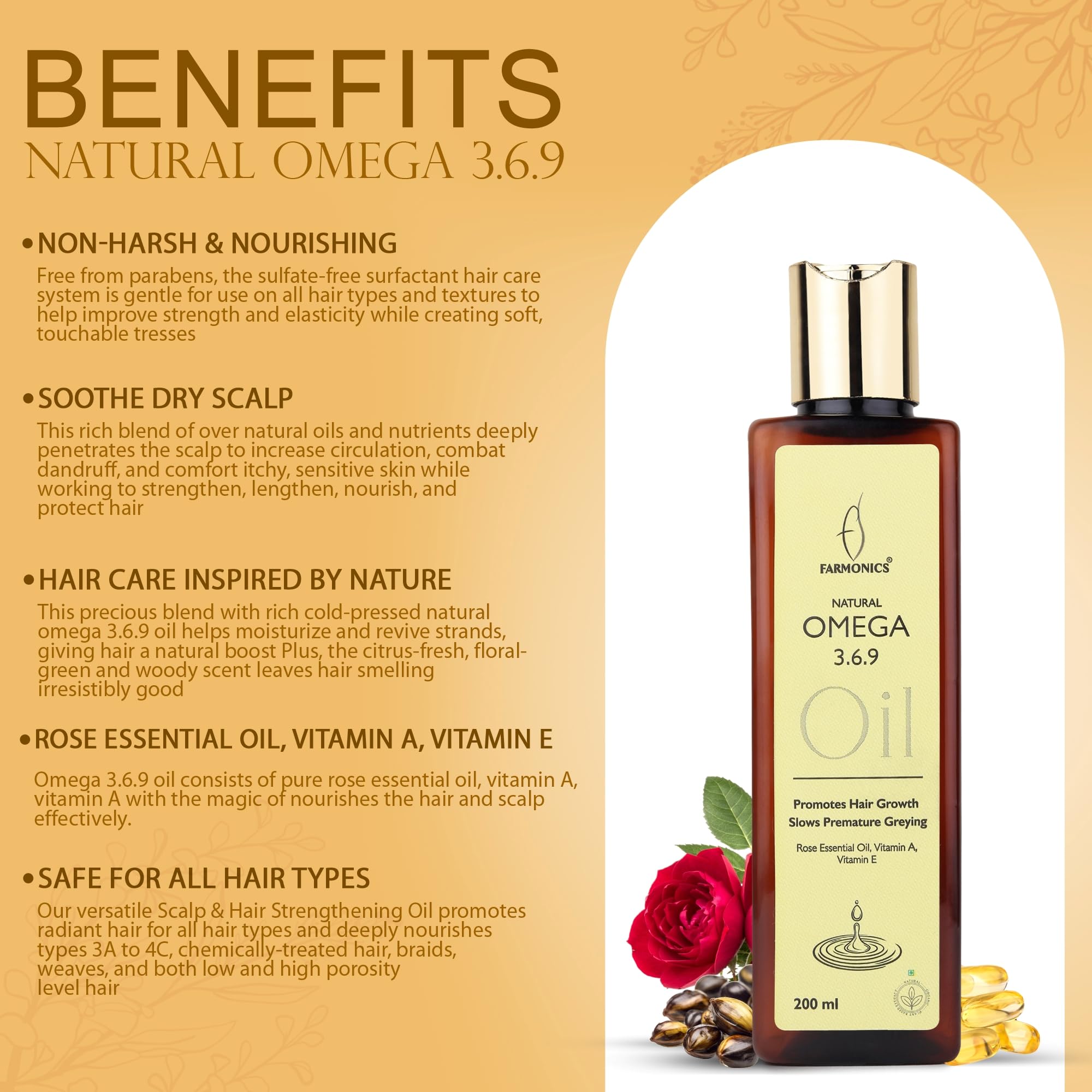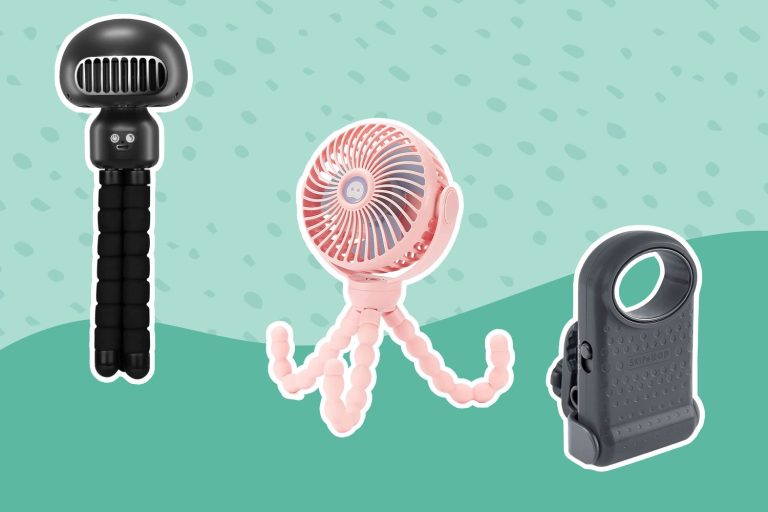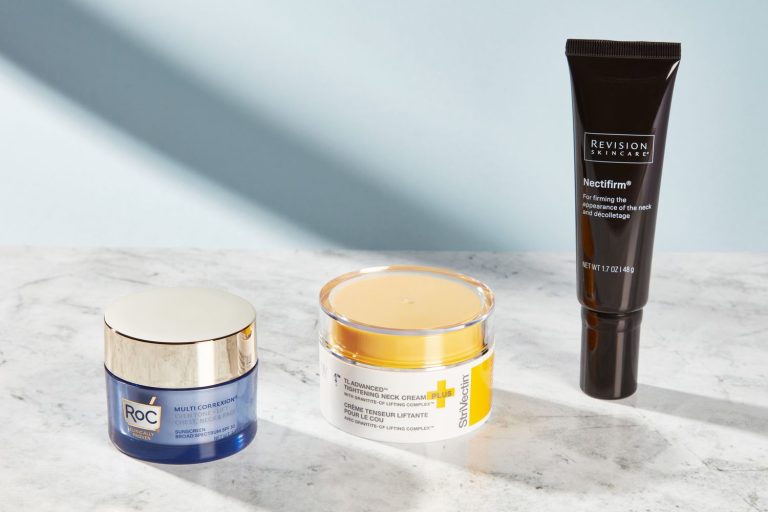9 Best Hair Oils for Growth: Boost Your Hair with Natural Nourishment
Dreaming of luscious, long locks? The secret to hair growth might just be in a bottle of the right hair oil. With countless options on the market, finding the perfect one can feel overwhelming. But don’t worry—we’ve done the hard work for you.
In this article, you’ll discover the 9 best hair oils specifically formulated to boost growth and strengthen your strands. Whether you’re dealing with thinning hair, breakage, or just want to speed up the growth process, these oils have got you covered. Let’s dive in and find the perfect match for your hair goals.
1. Coconut Oil: A Natural Nutrient Powerhouse
Packed with essential nutrients, coconut oil is a true staple in the hair care world. It’s renowned for its ability to promote hair growth and improve overall hair health.
Benefits of Coconut Oil for Hair
Enhances growth by deeply penetrating hair follicles, stimulating increased blood circulation to your scalp. Reduces protein loss thanks to its lauric acid content, keeping your hair stronger and less prone to breakage. Moisturizes and conditions, leaving your hair soft and shiny. Fights dandruff by possessing antifungal and antibacterial properties, maintaining a healthier scalp environment. Protects hair from damage due to its ability to reduce daily wear and tear, preserving your hair’s integrity.
How to Apply Coconut Oil for Optimal Growth
Warm a small amount of coconut oil in your hands to make it more spreadable. Massage gently into your scalp using circular motions to boost blood flow and nourish hair roots. Ensure you coat your hair from roots to tips, focusing on the ends for better moisture retention. Leave the oil on for at least 30 minutes, or overnight for deeper penetration, then wash it off with a mild shampoo. Repeat this process 2-3 times a week to achieve optimal hair growth results.
2. Argan Oil: Liquid Gold for Your Locks
Looking for a luxurious way to nourish your hair? Argan Oil, often dubbed “liquid gold,” might be your best bet.
The Nutrient Composition of Argan Oil
Packed with essential fatty acids, Argan Oil contains antioxidants like Vitamin E and linoleic acid. These nutrients help repair hair, restore shine, and prevent split ends. High in oleic acid, it adds moisture without making your hair greasy. Sterols in Argan Oil also promote cell regeneration, making your hair healthier and stronger.
Tips on Using Argan Oil for Enhancing Hair Growth
Warm a few drops of Argan Oil between your palms before massaging it into your scalp. This stimulates blood flow, encouraging hair growth. For best results, apply the oil to damp hair, ensuring even distribution from roots to tips. Leave it on overnight for deep conditioning or use it as a pre-shampoo treatment to reduce frizz and add shine. Repeat this process 2-3 times a week for optimal benefits.
3. Castor Oil: Boosting Hair Growth Naturally
Often hailed as a miracle ingredient, Castor Oil can significantly promote hair growth.
Why Castor Oil Is Effective for Hair Growth
Loaded with ricinoleic acid, Castor Oil improves blood circulation to the scalp, nourishing hair follicles. Rich in vitamin E and omega-6 fatty acids, Castor Oil moisturizes the scalp, reduces dandruff, and prevents breakage, making hair thicker and stronger. Studies have shown that castor oil’s anti-inflammatory properties can also fight scalp infections, further promoting healthy hair growth.
Methods of Applying Castor Oil
Warm the oil slightly before application to enhance absorption. Massage it into your scalp using circular motions to boost circulation and allow the nutrients to reach the hair roots. Leave the oil on for at least 30 minutes or overnight for deeper conditioning. For optimal results, mix castor oil with lighter oils like coconut or olive oil to ease application and improve scalp hydration. Use this treatment once or twice a week to maintain healthy, growing hair.
4. Jojoba Oil: Mimicking Natural Hair Oils
Jojoba Oil’s molecular structure closely resembles sebum, your scalp’s natural oil, making it an excellent choice for nourishing hair.
Jojoba Oil’s Role in Hair Nourishment
Jojoba Oil hydrates your hair strands, preventing them from becoming dry and brittle. It penetrates the outer layer of your hair shaft, delivering essential nutrients like vitamins E and B. This oil’s antibacterial properties help maintain a healthy scalp, which is crucial for promoting hair growth. The oil also helps balance your scalp’s natural oils, preventing over or underproduction of sebum.
Best Practices for Using Jojoba Oil on Hair
Warm the Jojoba Oil slightly before applying it to your scalp and hair. Massage it into your scalp to improve blood circulation, aiding in nutrient delivery to your hair follicles. Apply it from the roots to the tips, then leave it on for at least 20 minutes before rinsing. For deep conditioning, you can leave it overnight. Use Jojoba Oil twice a week to see noticeable improvements in hair texture and growth. Mixing it with other essential oils like rosemary or peppermint can enhance its benefits even more.
5. Olive Oil: From Kitchen to Hair Care
Olive oil has been a staple in kitchens for centuries, and it’s equally beneficial for your hair. Packed with antioxidants, vitamins, and fatty acids, it offers numerous hair care advantages.
Advantages of Olive Oil in Hair Care
Enhances Strength: Olive oil strengthens hair by penetrating the hair shaft and keeping it moisturized. This reduces the chances of breakage and split ends.
Reduces Dandruff: Applying olive oil to your scalp can help reduce dandruff. It loosens dry, flaky skin and promotes healthier scalp conditions.
Adds Shine: Olive oil gives your hair a natural shine. Its rich nutrients coat each strand, providing a glossy appearance.
Fights Frizz: The oil’s moisturizing properties help control frizz. It keeps hair smooth and manageable, especially useful in humid weather.
Boosts Growth: Thanks to its vitamins and antioxidants, olive oil nourishes the scalp and hair follicles. This can encourage hair growth and improve overall hair health.
Guidelines for Using Olive Oil for Hair Growth
Warm the Oil: Heat a small amount of olive oil but ensure it’s not too hot. Warm oil penetrates the scalp more effectively.
Massage the Scalp: Use your fingertips to gently massage the warm oil into your scalp. This increases blood circulation and ensures deeper absorption.
Apply from Roots to Ends: After massaging your scalp, run the oil through your hair from roots to tips. This ensures even distribution and maximum benefits.
Leave It On: Let the oil sit on your hair for at least 30 minutes. For deeper conditioning, you can leave it on overnight and wash it out in the morning.
Rinse Thoroughly: Use a mild shampoo to rinse out the olive oil. To avoid greasiness, ensure all residues are washed away.
Mix with Essential Oils: Enhance the benefits by mixing olive oil with essential oils like lavender or rosemary. They provide additional nutrients and aromatherapy benefits.
Consistency is Key: For best results, make olive oil treatments a regular part of your hair care routine. Aim for once or twice a week to see noticeable improvements in hair growth and texture.
6. Peppermint Oil: Stimulating Hair Follicles
Peppermint Oil is known for its refreshing aroma and cooling sensation. Its stimulating properties can significantly benefit your hair growth journey.
How Peppermint Oil Benefits Hair Growth
Peppermint Oil boosts circulation to your scalp, which helps stimulate hair follicles. A study published in “Toxicological Research” showed that Peppermint Oil promotes hair growth more effectively than saline, jojoba oil, and minoxidil (3%). This oil also has antimicrobial properties, keeping your scalp healthy and free from fungi and bacteria. Increased circulation along with a healthy scalp creates an environment conducive to hair growth.
How to Use Peppermint Oil for Hair Growth
Use Peppermint Oil by diluting it with a carrier oil like Coconut or Jojoba Oil. Mix a few drops of Peppermint Oil with a tablespoon of your chosen carrier oil. Apply this mixture directly to your scalp and gently massage it for 5-10 minutes, ensuring even distribution. Leave it on for at least 20 minutes before rinsing thoroughly with a mild shampoo. Repeat this process 2-3 times per week to see improved hair health and growth.
7. Rosemary Oil: Improving Circulation for Growth
Rosemary Oil is renowned for its ability to improve blood circulation to the scalp, promoting hair growth. Incorporating this essential oil into your hair care routine can result in stronger, healthier hair.
Exploring the Benefits of Rosemary Oil
Rosemary Oil stimulates blood vessels, enhancing circulation to the scalp. Enhanced circulation ensures hair follicles receive essential nutrients and oxygen, promoting robust hair growth. Studies suggest that Rosemary Oil can inhibit the production of DHT (dihydrotestosterone), a hormone linked to hair loss. Its antimicrobial properties also help maintain scalp health, reducing dandruff and irritation.
Effective Application of Rosemary Oil for Hair
Mix Rosemary Oil with a carrier oil like Coconut Oil or Jojoba Oil. This dilution prevents skin irritation. Apply the mixture directly to your scalp, massaging it in to boost circulation. Leave it on for at least 30 minutes. Rinse thoroughly with a mild shampoo. Incorporate this treatment into your weekly routine for optimal results. Additionally, you can add a few drops of Rosemary Oil to your regular shampoo for a convenient boost to your hair care regimen.
8. Lavender Oil: Soothing and Healing
Lavender oil isn’t just fragrant; it’s a potent ingredient for hair growth. The calming properties of lavender oil make it an excellent addition to your hair care routine.
Lavender Oil’s Contribution to Hair Health
Lavender oil significantly improves hair health by reducing stress and promoting relaxation. This can directly impact hair growth because stress is a known factor in hair loss. It’s also antimicrobial, which helps prevent scalp infections that can hinder hair growth.
Using Lavender Oil for Better Hair Growth
Incorporate lavender oil into your routine by mixing a few drops with a carrier oil like coconut or jojoba oil. Massage this blend into your scalp and leave it on for at least 30 minutes before rinsing. For optimal results, use it consistently a few times a week.
9. Grapeseed Oil: Lightweight Moisturizer
Grapeseed oil is a superb choice for those with fine or oily hair, offering the benefits of a moisturizer without the heaviness of other oils.
The Unseen Benefits of Grapeseed Oil
Grapeseed oil is packed with vitamin E and linoleic acid, which help strengthen hair and promote growth. It’s a natural antioxidant, protecting your hair from environmental damage. Because it balances the scalp’s oil production, it’s ideal for both oily and dry scalp types. Unlike heavier oils, grapeseed oil doesn’t clog pores, making it a versatile option for all hair types.
Techniques to Apply Grapeseed Oil
Apply grapeseed oil directly to your scalp and massage it in circular motions to enhance blood circulation. For a deep conditioning treatment, warm a small amount of oil and distribute it through your hair from roots to ends. Leave it on for 30 minutes before rinsing. Mixing it with essential oils like lavender or rosemary can boost its effectiveness and fragrance.
Conclusion on Choosing the Best Hair Oil for Growth
Selecting the right hair oil can significantly impact your hair’s health and growth. Each oil offers unique benefits, whether it’s nourishing your scalp, strengthening your strands, or promoting circulation.
Experiment with different oils to find what works best for your hair type and needs. Remember to be consistent with your application and give your hair time to respond to the treatment.
Incorporating these oils into your routine can lead to healthier, stronger, and longer hair. Don’t hesitate to mix and match oils to create a personalized hair care regimen that suits you best.
Frequently Asked Questions
What are the benefits of using Coconut Oil for hair care?
Coconut Oil nourishes the hair, helps in growth and strength, and maintains scalp health. It’s particularly effective for deep conditioning and moisturizing.
How does Argan Oil help with hair care?
Argan Oil contains vitamins and antioxidants that strengthen hair, promote shine, and reduce frizz. It is beneficial for repairing damaged hair and preventing split ends.
What is the role of Castor Oil in hair growth?
Castor Oil is rich in ricinoleic acid and omega-6 fatty acids, which enhance blood circulation to the scalp, promoting hair growth and reducing hair loss.
Why is Jojoba Oil good for the scalp?
Jojoba Oil closely resembles the natural oils of our scalp, making it excellent for moisturizing and balancing oil production. It prevents dandruff and scalp dryness.
How does Olive Oil benefit hair?
Olive Oil deeply moisturizes hair, promotes scalp health, and strengthens hair follicles, reducing breakage. It’s also rich in antioxidants and vitamin E.
What are the benefits of Peppermint Oil for hair growth?
Peppermint Oil stimulates scalp circulation, promoting hair growth. Its antimicrobial properties also help prevent scalp infections.
What effect does Rosemary Oil have on hair?
Rosemary Oil improves blood circulation to the scalp, promoting hair growth. It may also inhibit DHT, a hormone linked to hair loss.
How can Lavender Oil improve hair health?
Lavender Oil reduces stress and promotes relaxation, which can indirectly support hair health. It also has antimicrobial properties, preventing scalp infections.
What makes Grapeseed Oil suitable for hair care?
Grapeseed Oil is lightweight and non-greasy, making it ideal for fine or oily hair. It is rich in vitamin E and linoleic acid, strengthening hair and promoting growth.
How should Grapeseed Oil be applied to the hair?
Grapeseed Oil can be massaged into the scalp to boost circulation or used as a deep conditioning treatment. Apply it from roots to ends, leave it on for 30 minutes, then rinse. For enhanced effects, mix it with essential oils like lavender or rosemary.






